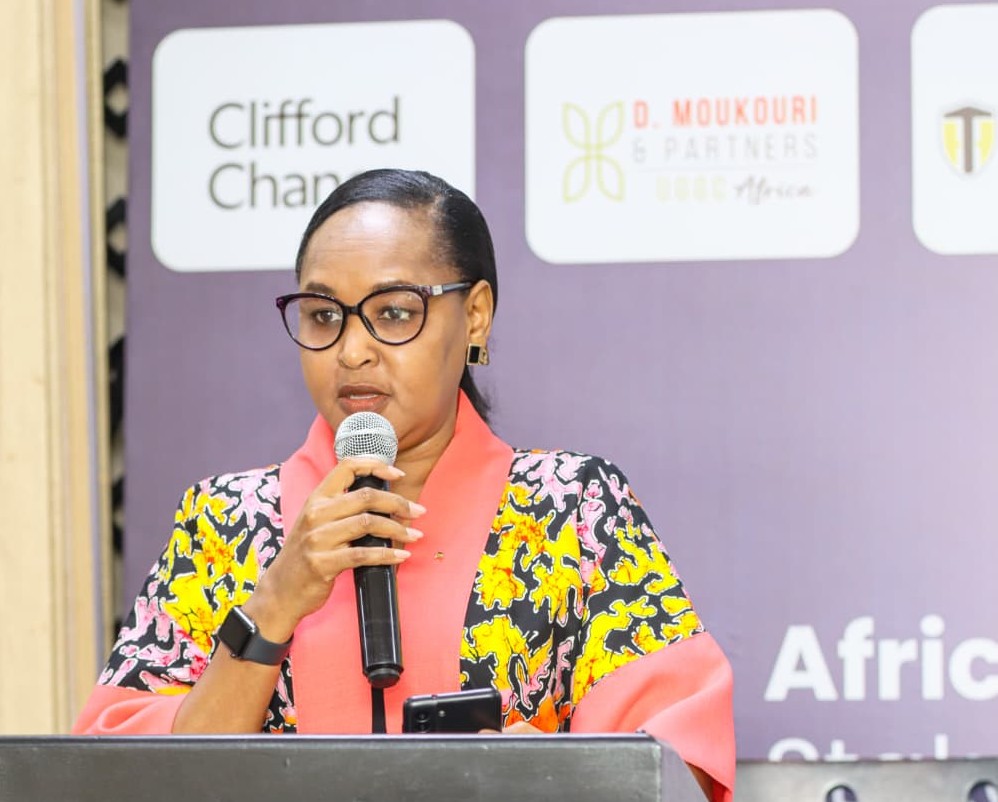Africa AI Stakeholder Meeting 2025: Innovative Governance and Capacity Building

From 30th September to 1st October, the Center for Law and Innovation (CLI), in partnership with the Global Network of Internet and Society Research Centers (NoC), convened the second edition of the Africa AI Stakeholder Meeting on Innovative Governance and Capacity Building in Accra, Ghana.
The meeting brought together policymakers, regulators, innovators, civil society, and private sector leaders from across the continent and beyond, fostering dialogue on how to build inclusive, practical, and authentically African approaches to AI governance.
Building on the growing momentum for a coordinated continental response to artificial intelligence, this year’s convening focused on moving from policy aspiration to concrete action.
In her opening remarks, Florida Kabasinga, Founder and Executive Director of the Center for Law and Innovation, underscored the centrality of inclusion in Africa’s digital transformation, noting that “inclusivity is not an add-on; it is the measure of whether AI will truly serve all of society.”
H.E. RoseMary Mbabazi, Rwanda’s High Commissioner to Ghana, reflected on Rwanda’s digital journey and called for “wise, inclusive, and proactive” policymaking across Africa, echoing H.E. President Paul Kagame’s message that the continent cannot afford to be left behind once again.
Adding a private sector perspective, Dr. Shyllon Ololade, Director of Privacy Policy for Africa, the Middle East, and Türkiye at Meta, highlighted the paradox of Africa’s potential, rich in resources and talent yet constrained by infrastructure and urged stakeholders to transform that potential into real capacity and opportunity.
Day 2 opened with an inspiring keynote from Ms. Nonye Ujam, Director of Government Affairs at Microsoft West Africa, who emphasized that realizing AI’s benefits requires deliberate investment in governance, infrastructure, and human capital. She showcased Microsoft’s AI Skills Navigator, a platform designed to equip Africans with the skills to lead in the AI era, reaffirming Microsoft’s commitment to responsible and inclusive AI.
Armando Guio, Executive Director of the Global Network of Internet and Society Research Centers (NoC), highlighted the importance of regulatory learning and collaboration, encouraging stakeholders to share insights from both successes and challenges in AI policy implementation.
A recurring theme throughout the meeting was data sovereignty, reimagined beyond ownership or localization toward innovative concepts such as data embassies. The discussions underscored a powerful message: Africa must move from being a policy taker to a standards setter, ensuring that its AI governance frameworks reflect its values, realities, and aspirations.
We extend our deepest gratitude to our co-conveners and partners, NoC, Meta, Microsoft, GIZ, Npontu Technologies, Clifford Chance, D. Moukouri & Partners, Tech Hive Advisory, Innovation Spark, Digital Umuganda, Globetrotters, Icelis Global, and Africa Digital Rights Hub for their invaluable contributions to making this convening a resounding success.
